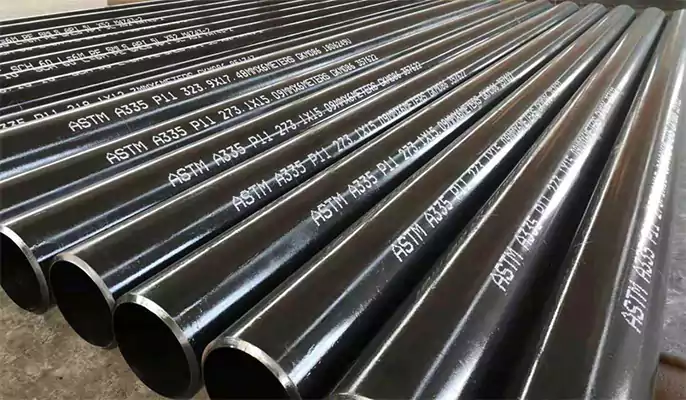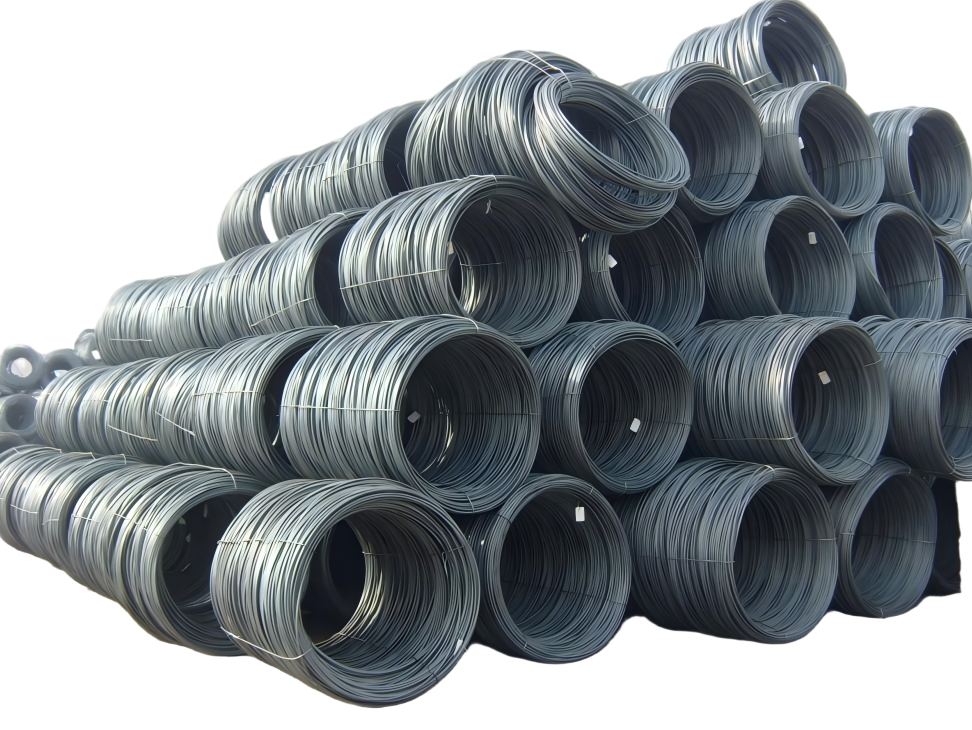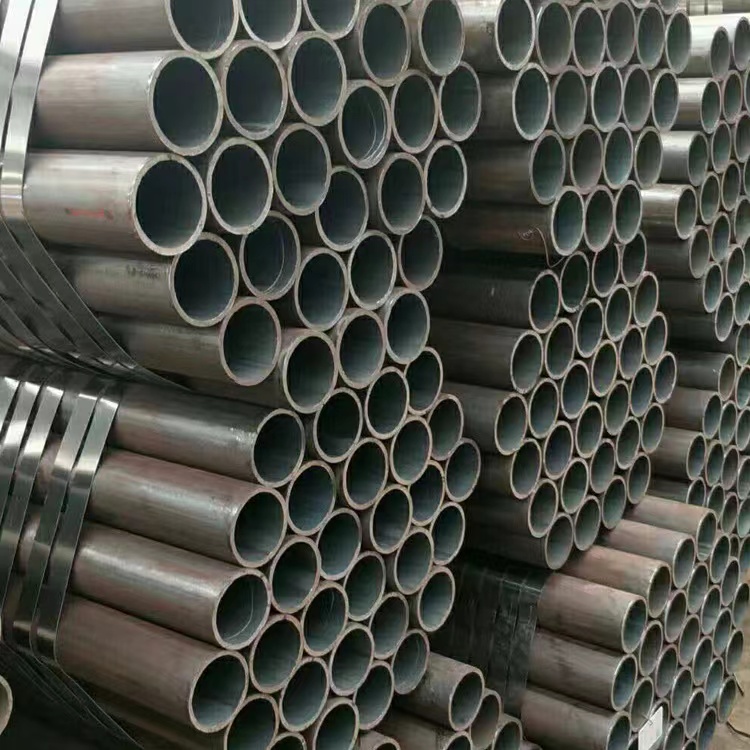Alloy Pressure Pipe: Unmatched Advantages and Diverse Application Scenarios
2025-09-09 10:37:17
Alloy Pressure Pipe: Unmatched Advantages and Diverse Application Scenarios
In industries where extreme temperatures, corrosive media, and high-pressure conditions are the norm—such as oil and gas, petrochemicals, power generation, and aerospace—standard carbon steel pipes often fall short of meeting operational demands. Alloy Pressure Pipes, engineered with precision-blended metallic compositions (e.g., chromium, molybdenum, nickel, titanium), have emerged as a critical solution. Their unique material properties enable them to withstand harsh environments while ensuring long-term reliability, making them indispensable for mission-critical systems worldwide.

Core Advantages of Alloy Pressure Pipes
Alloy Pressure Pipes outperform conventional pipes across key performance metrics, addressing the most pressing challenges of industrial operations. Below are their standout advantages:
1. Superior Corrosion Resistance
Unlike carbon steel, which is prone to rust and chemical degradation, alloy pipes are formulated to resist aggressive media. For example:
- Nickel-based alloys (e.g., Alloy 625): Withstand corrosion from seawater, acidic solvents (e.g., sulfuric acid), and chloride-rich environments—critical for offshore and chemical processing. Their corrosion rate in 5% sulfuric acid at 60°C is less than 0.02 mm/year, 10x lower than carbon steel.
- Chromium-molybdenum (Cr-Mo) alloys (e.g., A335 P91): Resist oxidation and sulfidation in high-temperature environments (e.g., petrochemical furnaces), preventing pipe wall thinning and leaks over time.
This resistance eliminates frequent replacements and maintenance, reducing total lifecycle costs.
2. Exceptional High-Temperature and High-Pressure Tolerance
Alloy Pressure Pipes maintain structural integrity even under extreme thermal and pressure stress—two of the most common causes of pipe failure in heavy industries:
- They operate reliably at temperatures ranging from -200°C (cryogenic applications) to 1,200°C (high-temperature furnaces). For instance, titanium alloy pipes are used in LNG (liquefied natural gas) systems, where they remain ductile at -162°C without brittle fracture.
- Their high tensile strength (e.g., Alloy 825 has a minimum tensile strength of 690 MPa) and creep resistance (resistance to deformation under long-term heat/pressure) make them ideal for high-pressure pipelines. In power plants, Cr-Mo alloy pipes handle steam pressures up to 30 MPa and temperatures of 600°C, outperforming carbon steel by 50% in service life.
3. Excellent Mechanical Toughness and Durability
Alloy compositions enhance the pipe’s toughness, allowing it to withstand mechanical impacts, vibration, and thermal cycling—common in industrial settings:
- Titanium alloy pipes: Offer a unique combination of high strength and low weight (40% lighter than steel), making them suitable for mobile or weight-sensitive applications (e.g., aerospace fuel lines).
- Hastelloy alloys: Maintain toughness even in cryogenic conditions, avoiding cracking during rapid temperature changes (e.g., in pharmaceutical freeze-drying systems).
Additionally, alloy pipes have a lifespan of 20–30 years (vs. 5–10 years for carbon steel in harsh environments), reducing downtime and replacement costs.
4. Versatility in Customization
Alloy Pressure Pipes can be tailored to meet specific industry needs through:
- Alloy blending: Adjusting ratios of elements (e.g., adding more nickel for acid resistance, more molybdenum for high-temperature strength) to match application requirements.
- Manufacturing flexibility: Available in seamless, welded, or forged forms, with diameters ranging from 10 mm (micro-pipelines for electronics) to 1,200 mm (large-scale petrochemical pipelines).
- Surface treatments: Optional coatings (e.g., ceramic linings, galvanization) further enhance corrosion or wear resistance for specialized use cases.
Typical Application Scenarios of Alloy Pressure Pipes
Alloy Pressure Pipes are deployed across industries where performance, safety, and reliability are non-negotiable. Below are their most common use cases:
1. Oil and Gas Industry
- Offshore drilling and production: Nickel-alloy pipes (e.g., Alloy 825) transport crude oil and natural gas in seawater, resisting saltwater corrosion and hydrogen sulfide (H₂S) in sour gas wells. For example, in the Gulf of Mexico, offshore platforms rely on these pipes to avoid leaks in subsea pipelines.
- Refineries: Cr-Mo alloy pipes (e.g., A335 P5) handle high-temperature, high-pressure fluids in distillation columns and catalytic crackers, where they withstand exposure to hydrocarbons and acidic byproducts.
2. Power Generation
- Thermal power plants: Cr-Mo alloy pipes (e.g., P91, P92) carry superheated steam from boilers to turbines, operating at 600–650°C and 25–30 MPa. Their creep resistance ensures no deformation over decades of use, critical for avoiding costly plant shutdowns.
- Nuclear power plants: Titanium alloy pipes and Hastelloy pipes are used in coolant systems, as they resist corrosion from radioactive water and maintain integrity under radiation exposure.
3. Chemical and Petrochemical Processing
- Acid and solvent handling: Alloy 625 and Hastelloy C276 pipes transport aggressive chemicals (e.g., nitric acid, chlorine, and organic solvents) in chemical plants. For instance, in fertilizer production, these pipes safely move ammonia and sulfuric acid without degradation.
- Polymer manufacturing: High-temperature alloy pipes (e.g., Alloy 718) handle molten polymers at 300–400°C, ensuring consistent flow and preventing material contamination.
4. Aerospace and Defense
- Aerospace fuel systems: Titanium alloy pipes are used in aircraft and spacecraft to transport fuel and hydraulic fluids. Their low weight reduces fuel consumption, while their corrosion resistance protects against jet fuel and atmospheric moisture.
- Military applications: Nickel-chromium alloy pipes are deployed in missile propulsion systems, withstanding extreme heat (up to 1,000°C) during launch.
5. Cryogenic and LNG Industry
- LNG storage and transportation: Titanium and stainless steel alloy pipes (e.g., 316L) maintain ductility at -162°C (LNG’s boiling point), preventing cracking during loading, unloading, and long-distance transport. They are used in LNG terminals and tankers worldwide.
6. Pharmaceutical and Food Processing
- Sanitary pipelines: Titanium and Hastelloy alloy pipes are non-reactive with food or pharmaceutical products, avoiding contamination. They are used in vaccine manufacturing (where sterility is critical) and food processing (e.g., dairy, beverage production), as they are easy to clean and resist bacterial growth.
SkySteelGroup Alloy Pressure Pipes are more than just a component—they are a strategic investment in operational safety, efficiency, and long-term cost savings. Whether in a deep-sea oil rig, a nuclear power plant, or an aircraft, their ability to perform under extreme conditions makes them irreplaceable in modern industry. For specific use cases, manufacturers can further optimize alloy compositions and designs to meet even the most demanding requirements.
Comments (2)

Leave a Reply
Your email address will not be published. Required fields are marked with *



Their products are of excellent quality and they offer generous discounts. This is their third cooperation